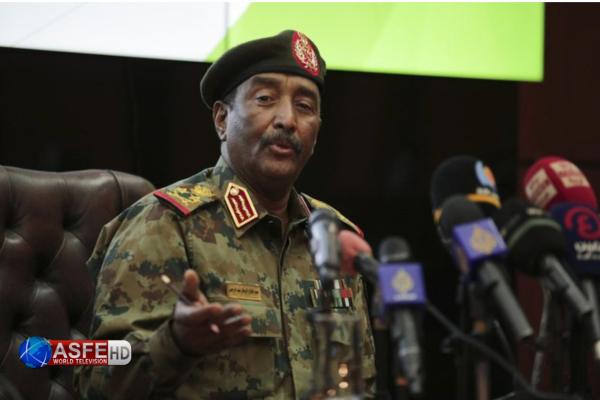Taylor Swift’s Eras Tour Expected to Boost U.K. Economy by £1 Billion
Tensions escalate between Sudan’s military and the UAE

Tensions escalate between Sudan’s military and the UAE
Sudan’s military, led by General Abdel Fattah al-Burhane, has ignited tensions with the United Arab Emirates (UAE) by accusing them of supporting a rival faction in the ongoing internal conflict. The fiery rhetoric and diplomatic expulsions mark a significant escalation in relations between the two countries.
The dispute began with incendiary remarks by General Yasser Atta, Sudan’s second-in-command, who labeled the UAE a “mafia state” engaged in “evil actions” by backing General Mohamed Hamdane Daglo’s Rapid Support Forces (RSF) paramilitaries. He further alleged that the UAE, with assistance from Wagner mercenaries, had been supplying arms to the RSF via Uganda and the Central African Republic since the conflict’s April 15th start.
While experts acknowledge the possibility of such a support network, the Emirati authorities have remained silent on the accusations. This lack of response contrasts with previous diplomatic tact demonstrated by Burhane’s camp towards key players like UAE, Russia, and Libyan strongman Khalifa Haftar.
Also Read: South African security forces cracked down on illegal miners
Analysts suggest the shift in tone could stem from internal power dynamics. Sheikh Mohamed bin Zayed al-Nahyane, the UAE’s President, reportedly backed Daglo due to past collaborations in the Yemen war and shared interests in the Sudanese gold trade. However, Daglo’s growing power and potential ties to Wagner, deemed undesirable by Washington, might be pushing Burhane’s camp into a corner.
Public demonstrations against the UAE in Sudan and retaliatory diplomatic expulsions further underscore the deteriorating relationship. Sudanese Foreign Minister Ali Seddig, appointed after the October 2021 coup, stated that expelling Emirati diplomats was a response to their initial move, highlighting the “impasse” reached between the two nations.
Analysts interpret Burhane’s actions as a “desperate gesture” to garner international attention and condemnation towards the alleged Emirati arms supply to the RSF. With the RSF controlling Khartoum and expanding its grip in Darfur and southern Sudan, Burhane’s options on the ground appear limited.
Whether this escalation leads to further confrontation or fosters dialogue remains to be seen. The internal conflict in Sudan, already complex and multifaceted, now faces the added layer of strained relations with a prominent regional power. The coming weeks will be crucial in determining the trajectory of this volatile situation.



